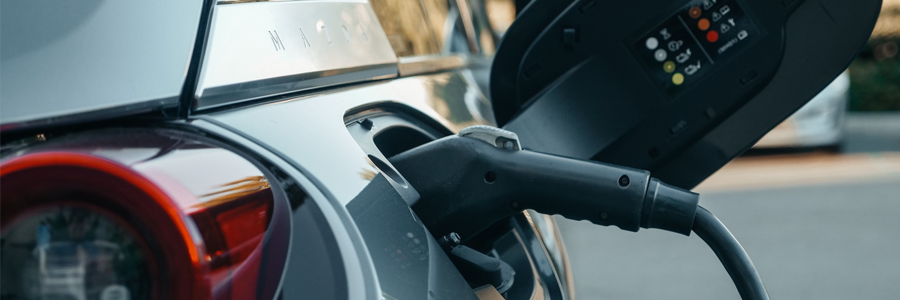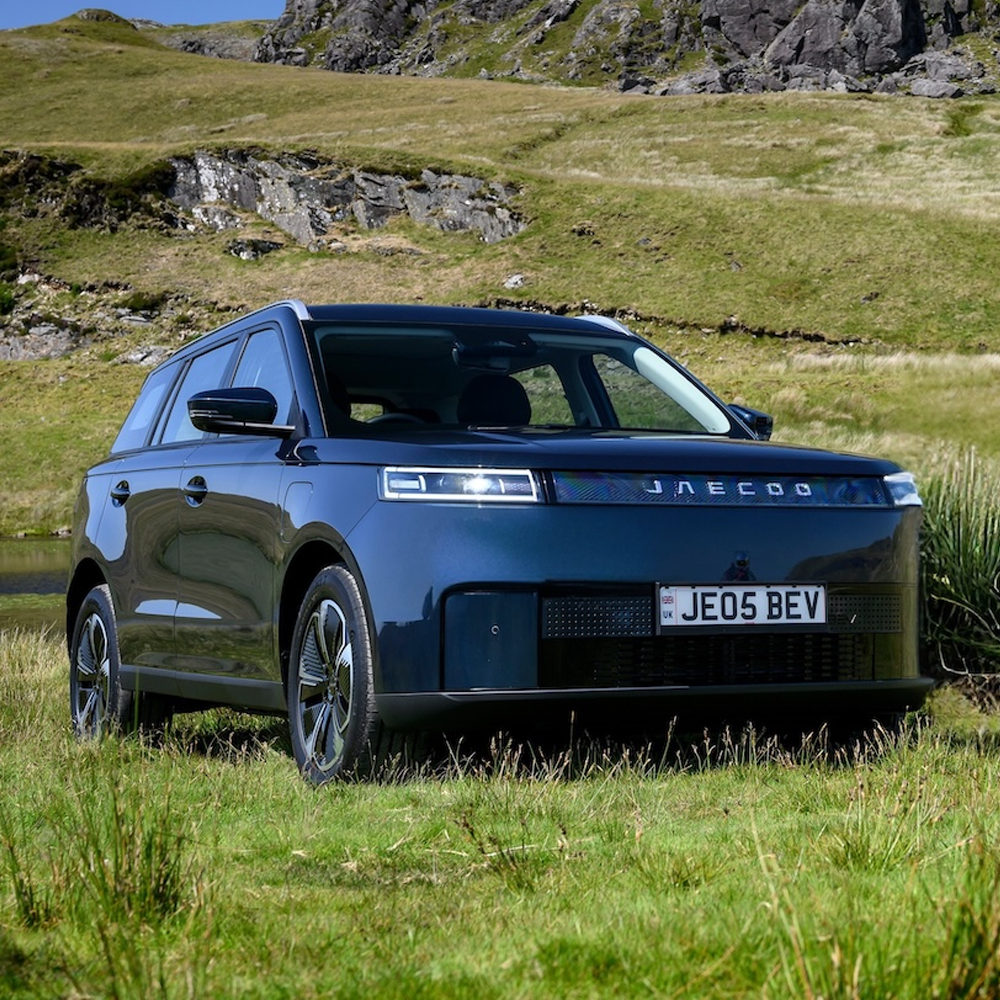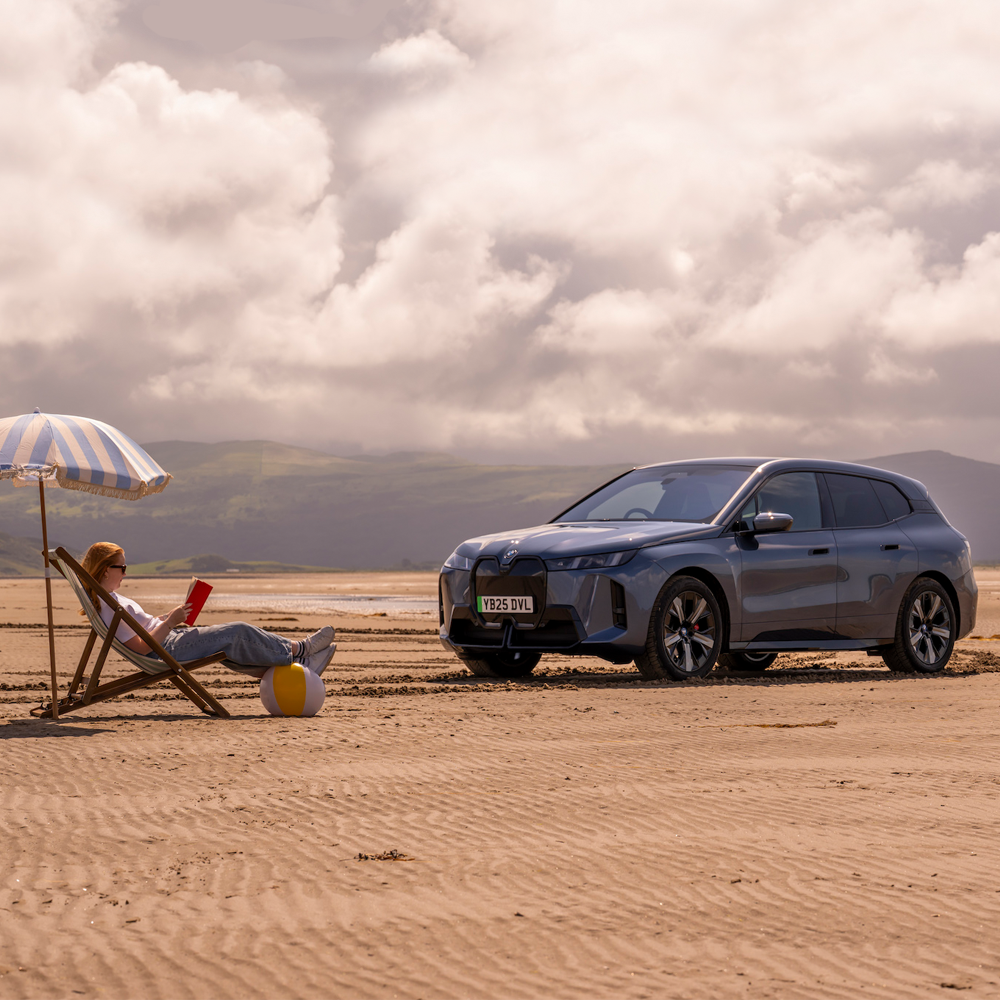
Smart ways to save on electric cars
Published 27th August 2025
Electric cars are here to stay. Regardless of any political tinkering-around-the-edges with the proposed ban on new petrol and diesel cars, the manufacturers have already decided that the future lies in their EV offerings and are rapidly expanding their model ranges accordingly. Making the switch to an electric vehicle is already a shrewd move for your wallet, and of course the planet, but there are plenty of other ways an EV could save you even more money.
If you’re reading this, it means you’ve at least thought about leasing your car so you’re already ahead in the sensible financial decision department.
It’s not just about choosing to lease your vehicle though. From tax breaks to smart driving habits, there are lots of practical hints and tips to help you get the most out of your EV without breaking the bank.
And as is usually the case in these instances, the helpful souls at IAM RoadSmart have compiled a handy list of these hints and tips that could not only save you money, but they could also make a difference when it comes to helping you decide if you’re ready to take the EV route on your next lease.
Smart home-charging
Many energy providers offer cheaper electricity rates overnight, and quite a few have also designed off-peak tariffs specifically aimed at those charging EVs at home. Charging your EV during these hours can significantly cut costs so shop around the energy companies to find a tariff that best suits your needs.
You could also install a smart charger that can schedule charging during the cheapest times as well as optimising battery health. Many EV manufacturers also offer charging solutions alongside their vehicles, and there are also government grants available that could help with the cost of installing one in your own home or flat.
Maximise free and low-cost charging
Some supermarkets — such as Aldi, selected Asda locations, and Sainsbury’s — offer free EV charging, while others charge between 25p and 83p per kWh. Some council-run car parks also offer free or low-cost charging points for EVs too. If you’re already out and about, why not take advantage and top up your battery while you’re topping up the contents of the fridge.
Since pricing and availability can vary, it’s best to check with your local store for the most up-to-date information, but if you’ve got to go shopping anyway you may as well try to save some money while you’re at it.
Save on maintenance
The concept of the electric motor has been around longer than the batteries that power them, and in both cases that’s usually around one hundred years longer than many people would guess. The point being this is well-understood and surprisingly simple technology, and well-understood and simple technology equals cheaper technology.
An electric motor is far less complicated than an internal combustion engine with far fewer moving parts to break down, offering much lower servicing and repair costs over time. Yes, an EV still requires regular servicing to keep the brakes, suspension, steering, and so on, in proper working order, but imagine a life without oil changes, without spark plugs or coils, without filters to change...the list is long, and getting rid of it will ultimately save you money.
Choose a suitable EV for your needs
Not that long ago, EV ranges were admittedly pretty limited, but that is no longer the case with many models now offering ranges in excess of 300 miles and ultra-fast charging capabilities. That doesn’t mean everyone needs one though. When you’re choosing an EV try to match the range to your actual usage.
The average commute in the UK is less than 10 miles each way, and most of us live within a few miles of all the shops and services we regularly rely on. If you’re only averaging around 100 miles per week, what’s the point in paying for a longer range that you might only make use of once or twice a year? Even a sub-£20k EV will offer a range of around 130 miles, potentially giving you a full week of driving from a single charge.
Salary Sacrifice schemes
We’ve already said that leasing is a sensible way to finance your car, whether it’s for business or personal use. For a lot of people, that decision could work out to be even more beneficial if they have access to an EV Salary Sacrifice scheme.
These leasing schemes are essentially tax breaks, letting employees lease an electric car by giving up a portion of their salary before tax. It’s a smart and popular way for both employees and employers to save money while making electric cars more affordable. You get to drive the EV you want, and in the process, lower your taxable income so you can offset the lease costs by paying less in income tax and National Insurance.
IAM RoadSmart Director of Policy and Standards Nicholas Lyes said: "Switching to an electric vehicle isn't just an environmentally conscious decision; it's a smart financial move. With lower maintenance costs, government incentives, and savings on fuel, owning an EV is like putting money back into your pocket every time you drive."



